La Traviata
Giuseppe Verdi
Opera in four acts
Libretto: Francesco Maria Piave after La Dame aux camèlias by Alexandre Dumas fils
Polish premiere: 27 April 1856, Teatr Wielki, Warsaw
Premiere of this production: 25 February 2010, Teatr Wielki, Warsaw
In the original Italian with Polish surtitles
The archetype of the naive lover who believes his love will redeem a fallen woman is a recurring motif in our culture and arts, pop music included. Think The Police and their Roxanne: I love you so ‘you don’t have to put on the red light’. She doesn’t? Perhaps she wants to? Violetta certainly does: she wants to belong to everyone, which means she’ll belong to no-one. Rumour has it that Madame Duplessis, who inspired Dumas’s Lady of the Camellias and Verdi’s Violetta, would not wear the same pair of gloves twice. On one hand, she is engulfed by flaming passion, on the other she is haunted by death. Mariusz Treliński sets his Traviata in the world of contemporary hedonism, celebrity razzmatazz, clubbing, cabaret, polyamory, and narcissist culture. The production features Karl Lagerfeld’s lookalike, stars of popular dance TV shows, and costumes devised by Warsaw’s favourite fashion designers. A tour de force on the part of set designer Boris Kudlička, this production of La Traviata is an uber-opera. It goes outside the confines of the opera house. Its monumental sets are too big even for Europe’s largest theatre stage: they need to be moved from left to right to reveal new spaces inhabited by buzzing crowds of characters. And so movement amplifiers movement, as if in reaction to Violetta’s fears, who sings ‘I’ll die if I stop,’ and ‘Once I rest, it will be forever.’
Cast
Credits
Chorus and Orchestra of the Polish National Opera
Dancers
Synopsis
Sponsors
-
Partnerzy Akademii Operowej
-
Partnerzy Teatru Wielkiego - Opery Narodowej
-
Patroni medialni
-
Partners of the Opera Academy
-
Partners of Teatr Wielki – Polish National Opera
-
Media patrons





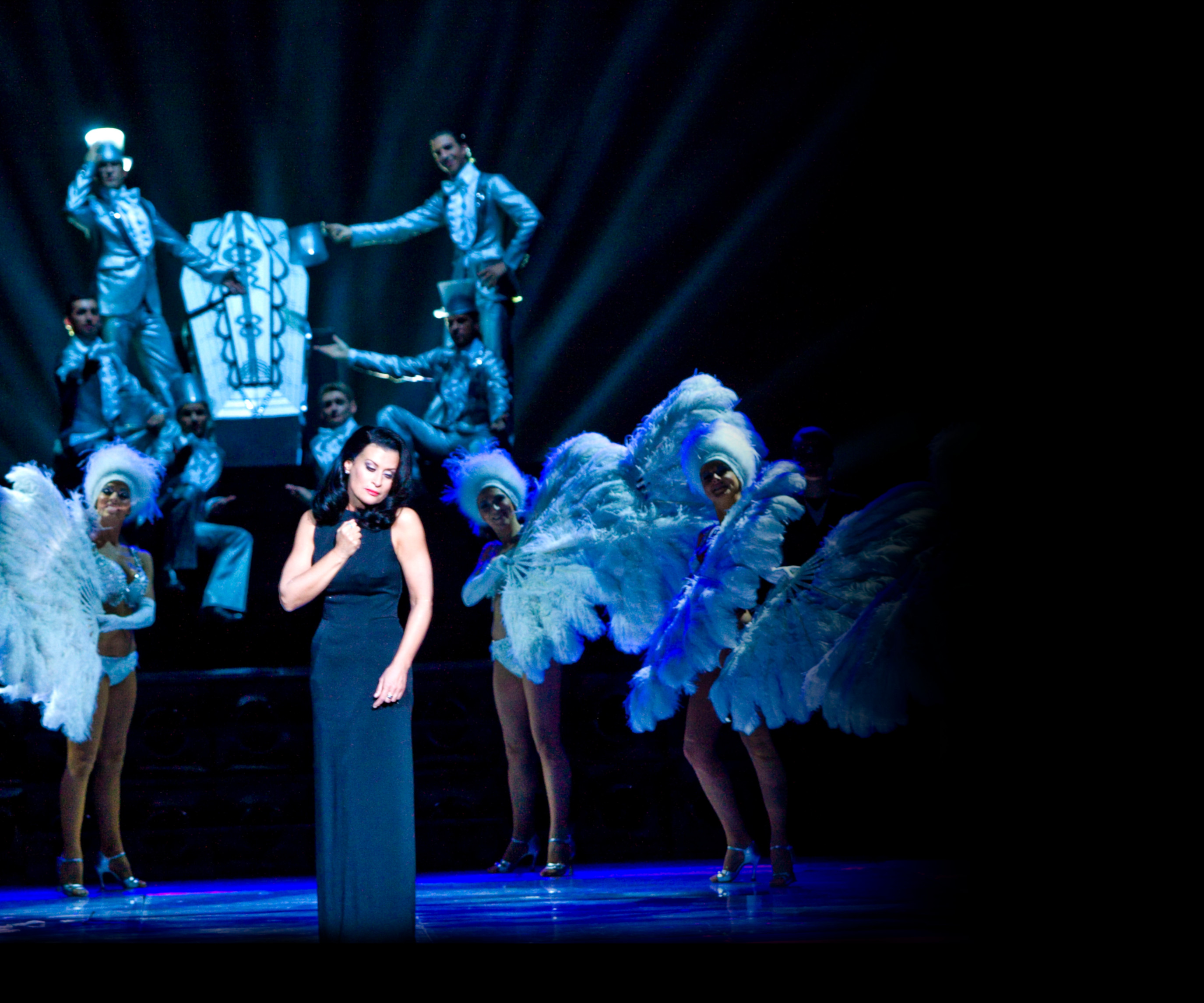
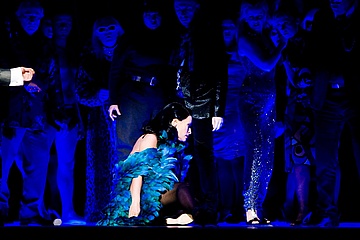
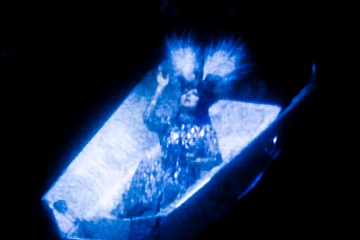
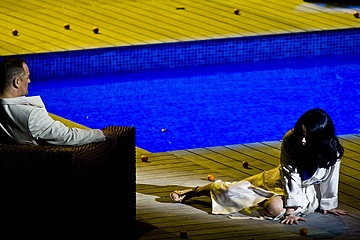
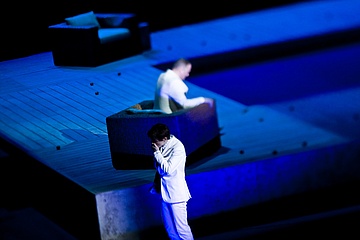
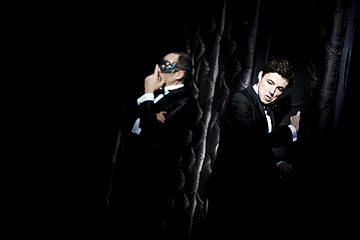
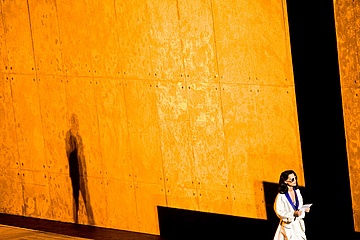
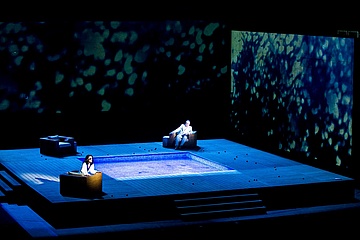
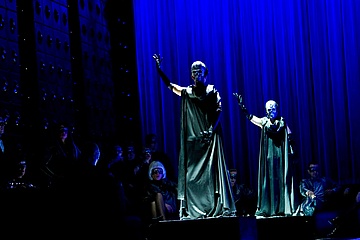
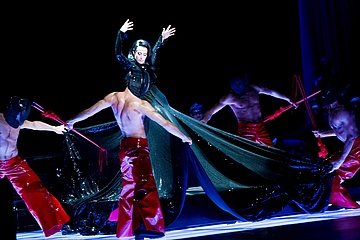
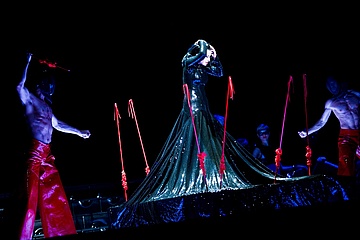
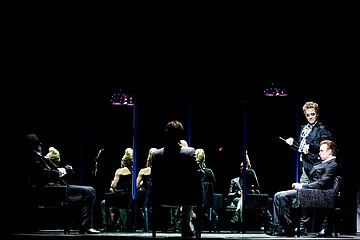
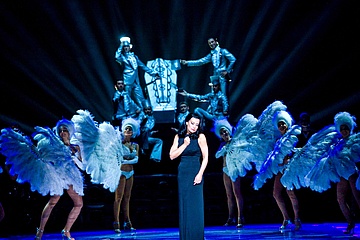
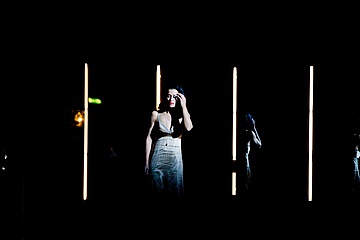
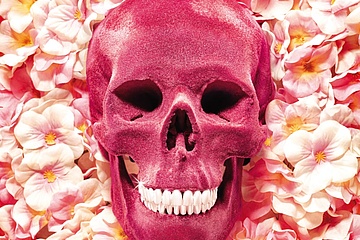
 Oxana Shilova
Oxana Shilova  Elżbieta Wróblewska
Elżbieta Wróblewska  Mateusz Zajdel
Mateusz Zajdel  Tomasz Rak
Tomasz Rak  Jasin Rammal-Rykała
Jasin Rammal-Rykała  Dariusz Machej
Dariusz Machej ![[Translate to English:]](/fileadmin/_processed_/7/9/csm_Katarzyna-Szymkowiak-2025_-_kwadrat_7c8f580f8f.jpg) Katarzyna Szymkowiak
Katarzyna Szymkowiak  Stanislav Kuflyuk
Stanislav Kuflyuk  Ruslana Koval
Ruslana Koval ![[Translate to English:]](/fileadmin/media/img/ludzie/dyrygenci/patrick_fournilier_fot_arch_artysty_-_kwadrat.jpg) Patrick Fournillier
Patrick Fournillier  Mariusz Treliński
Mariusz Treliński ![[Translate to English:] Boris Kudlička](/fileadmin/_processed_/7/a/csm_Boris_Kudlicka_4424_www_8b991ee181.jpg) Boris Kudlička
Boris Kudlička  Tomasz Ossoliński
Tomasz Ossoliński  Gosia Baczyńska
Gosia Baczyńska  Tomasz Jan Wygoda
Tomasz Jan Wygoda  Piotr Gruszczyński
Piotr Gruszczyński  Marc Heinz
Marc Heinz  Mirosław Janowski
Mirosław Janowski 




